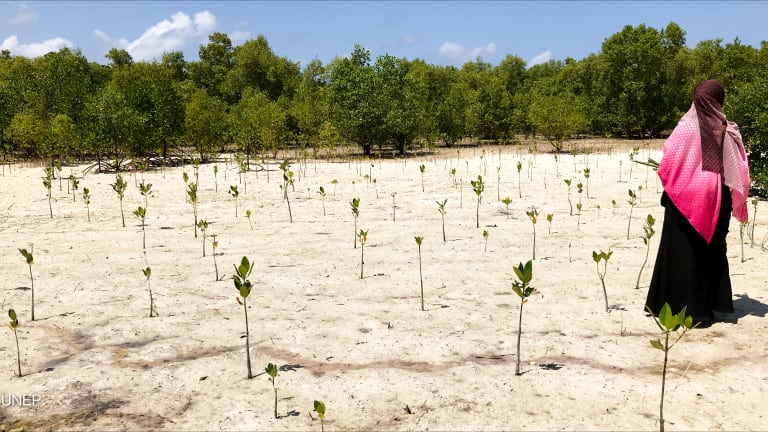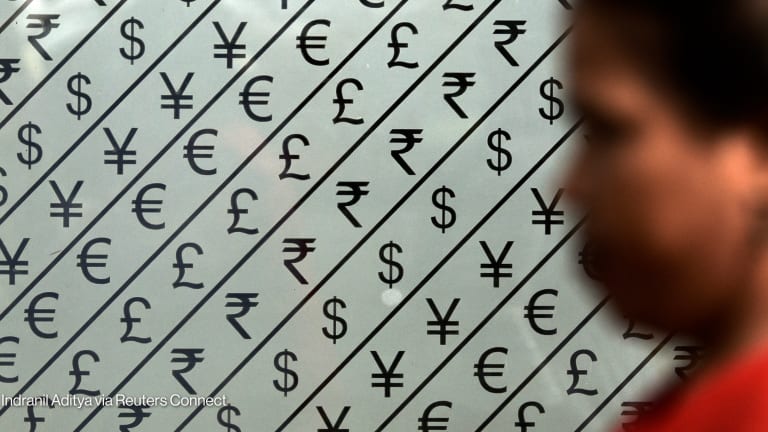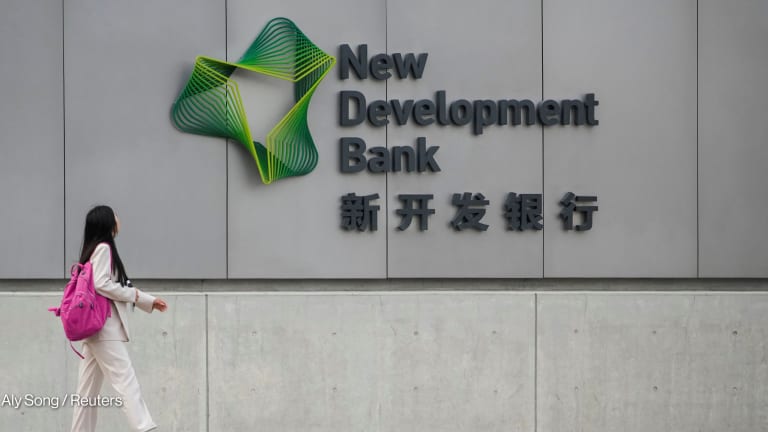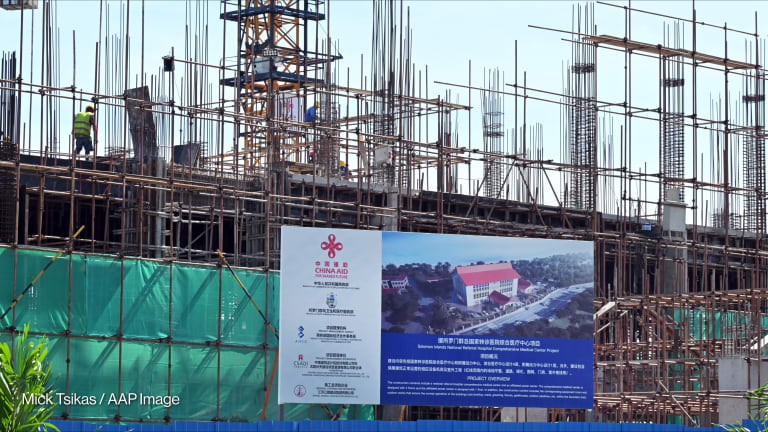Earlier this month, the Inter-American Development Bank and its private-sector arm, IDB Invest, reported $23.4 billion in new financing approvals, commitments, and private sector mobilizations in 2021. Devex dug into the bank’s monthly operational summaries to get an overview of its funding allocation for new projects, focusing on priority sectors, geographies, and top projects.
Similar to the World Bank, IDB’s MOS reports compile all the projects that enter the pipeline from the point of identification up to the approval stage. The information, including the bank’s contribution, is still subject to change until the project gets signed.
Overall, IDB allocated $17.8 billion for 157 new projects in 2021, a decrease of $4.2 billion — or 19.2% — from the previous year. This dip closely relates to the $3.6 billion decrease in funding for new projects in Brazil. The bank also allocated less for COVID-19 projects — $3.2 billion in 2021 compared to $5.2 billion in the previous year.
This story is forDevex Promembers
Unlock this story now with a 15-day free trial of Devex Pro.
With a Devex Pro subscription you'll get access to deeper analysis and exclusive insights from our reporters and analysts.
Start my free trialRequest a group subscription







